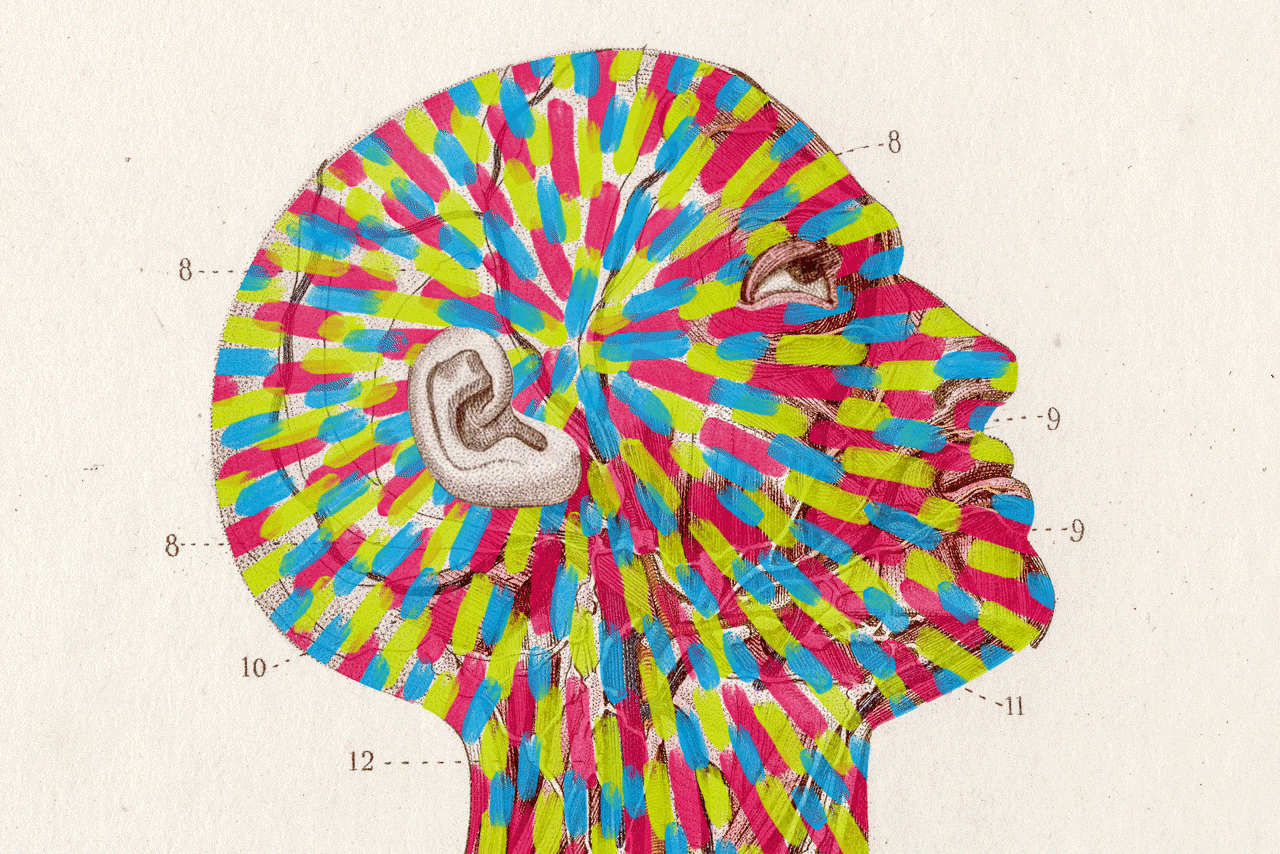A Heartbeat Away From Panic
- Share via
The first time it hit him, he was traveling along a Texas highway, listening to country music on the radio. Footloose and fancy-free, he was an early retiree of 33 who was on the road from Austin to Houston, homeward bound to his wife and young sons. He may not have been in his physical prime, but he felt fine.
Stopped for a red light in LaGrange without a care in the world, he remembers Willie Nelson singing and himself singing along. Suddenly there came a terrible pounding from his heart. His face and hands became clammy. The light turned green. A driver behind him began honking the horn.
I am about to die, he thought.
Right here behind this Chevy steering wheel. Right here by this Exxon station, where a guy with a familiar face happened to be inside the garage, tinkering with a car. Maybe he could get this guy’s attention by honking his own horn.
Then the pain stopped.
Just that fast. It came and it went. Fingers to his chest, he could feel the frog-like bounding of his heartbeat return to normal. Cars kept circling around his. He looked in the rearview mirror and saw a face that was unfamiliar to him, one reflecting fear. He drove home.
That night it happened again.
Paramedics came at 2 in the morning. Heart throbbing, he told his wife he loved her, in case time was short.
Then the pain stopped.
Doctors ran tests for a week. He was dying to know, “What’s the matter with my heart?”
Not a thing, they said.
*
A sausage maker now, a businessman whose profession tests his mind more than it does his body, Earl Christian Campbell rarely gets through a week without somebody bringing up his condition.
“What’s that stuff you got?” they ask.
That kills him.
“They call it ‘stuff,’ ” Campbell says. “They can’t remember what it’s called.”
It’s called panic disorder.
Those who suffer from it often don’t know themselves what to call it, or if it is inside their bodies or their heads. A recent Oscar-winning actress has it. The head of a top Beverly Hills talent agency has it. Thousands do.
First they need someone to diagnose it. Then they need to find the courage to have someone treat it.
“It’s like I heard Kim Basinger talking about it,” Campbell says on the phone from Texas. “The big problem’s being afraid of what people are going to say.
“That was my trouble, worrying about folks thinking I was crazy.”
We spend weekends in this country watching great physical specimens running fast and hard, carrying footballs. We watch idols of millions--people like Earl Campbell, who was voted most valuable player of the National Football League three times.
Some of the toughest men alive couldn’t keep Campbell from getting where he wanted to go. He had grown up strong and self-reliant in Texas, picking flowers in the rose fields. He was afraid of nothing and no one.
What happened to him at that intersection in 1988 made him afraid.
It was the first of many times over the next 11 years that a heart attack’s symptoms were upon him. Campbell’s ordeal became such that he embraced the idea of death, entertaining frequent thoughts of suicide.
He was angry and in pain.
A doctor, just doing his job, came into Campbell’s hospital room in 1988 with a clipboard and checklist. He asked if Earl did cocaine, then if Earl smoked marijuana. Earl exploded. “Get your ass out of here before I throw you out!” he snapped, grasping the doctor by the collar.
Earl Campbell has vices. He carries a satchel everywhere he goes, containing a can of Copenhagen tobacco to put between his teeth and gums and a .357 Magnum handgun to make him feel safe on lonely Texas highways. But his idea of a strong drug was Tylenol.
His pride was offended.
It happened a second time when Campbell was referred to another doctor, who turned out to be a psychiatrist. He found this out when the doctor said it wasn’t necessary to take off his shirt.
“What the hell am I doing in a psychiatrist’s office?” Campbell began railing.
It hurt.
*
For the last 11 years, with medication’s help, Campbell has been living with something that at least he can now identify. Panic disorder is a condition of acute anxiety that strikes out of the blue.
You can have a panic attack just from worrying about having a panic attack, Campbell points out.
“It doesn’t mean you’re crazy. If you refuse to get help, then you’re crazy,” he says. “Stop worrying about what is John or Jane going to think of me. What would they think of somebody who needs help and won’t get any?”
Sausage is his business today, not football, but making people understand panic disorder is his goal. Campbell, 44 now, was once at his mother’s house when his heart began to beat wildly.
“Mama!” he called out. “I’m having a panic attack!”
“OK,” she said, “go ahead.”
Earl can laugh at this now. But when he thinks of others who suffer as he does, without knowing why, he stops laughing. It hurts just thinking about it.
Mike Downey’s column appears Sundays, Wednesdays and Fridays. Write to him at Times Mirror Square, Los Angeles, CA 90053. E-mail:
More to Read
Sign up for Essential California
The most important California stories and recommendations in your inbox every morning.
You may occasionally receive promotional content from the Los Angeles Times.













